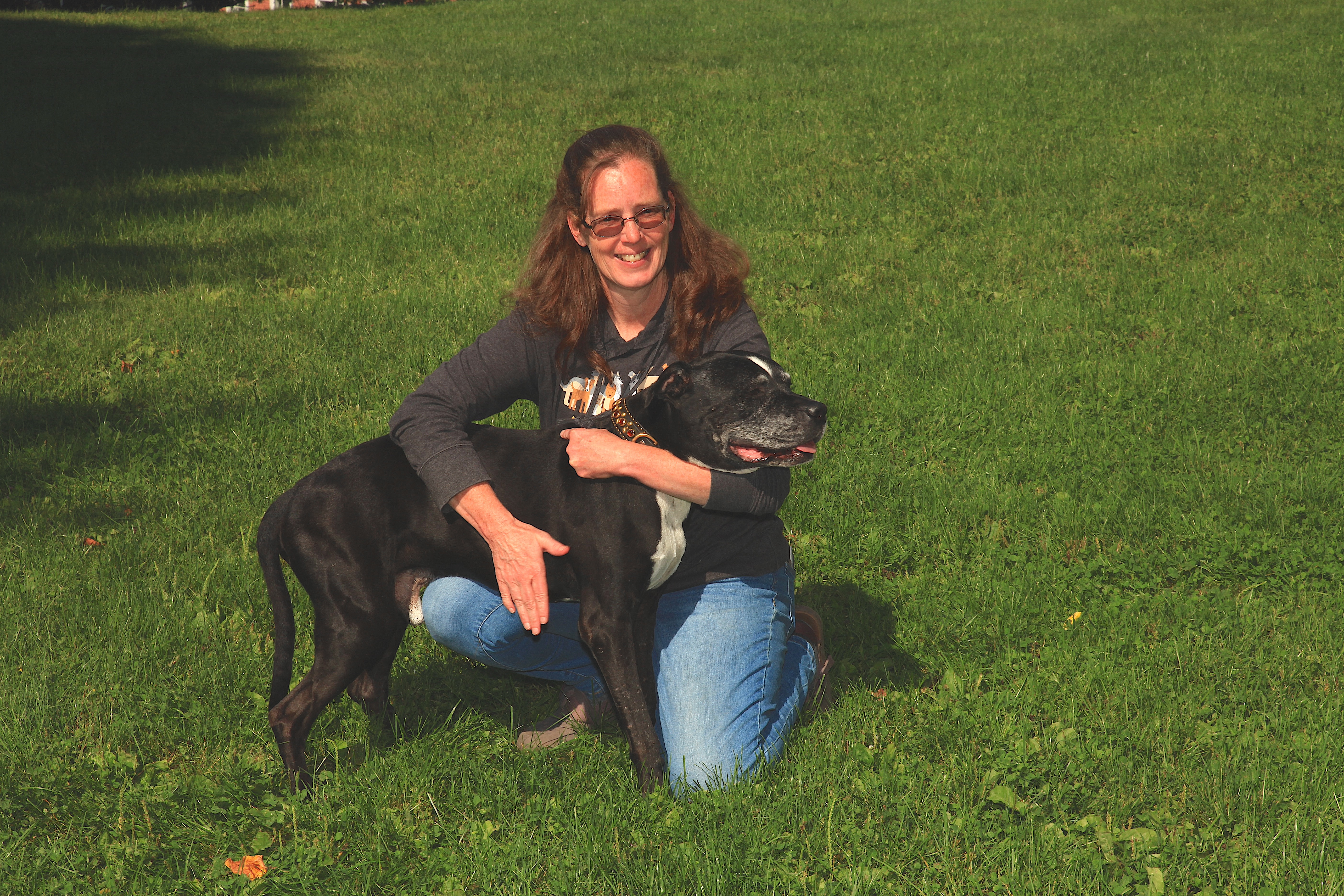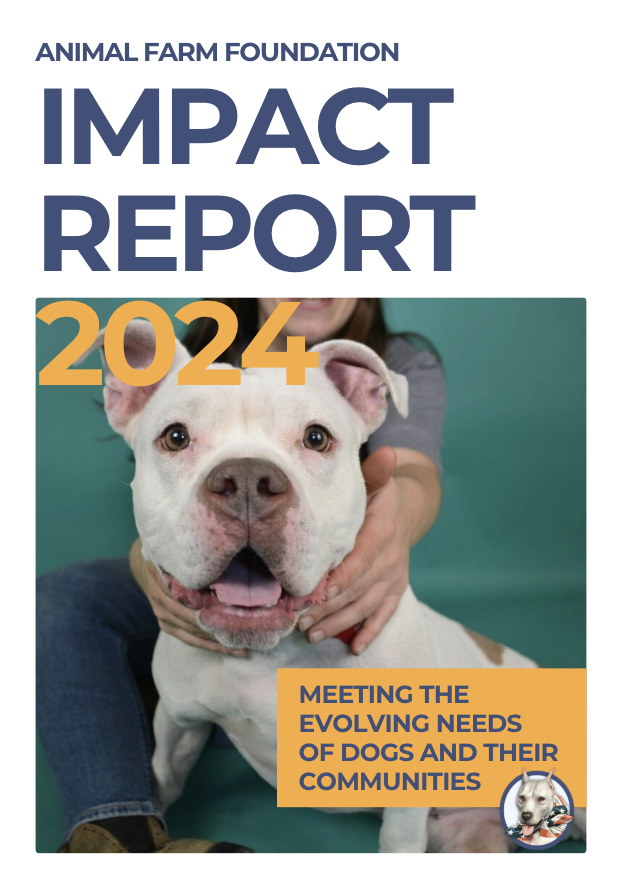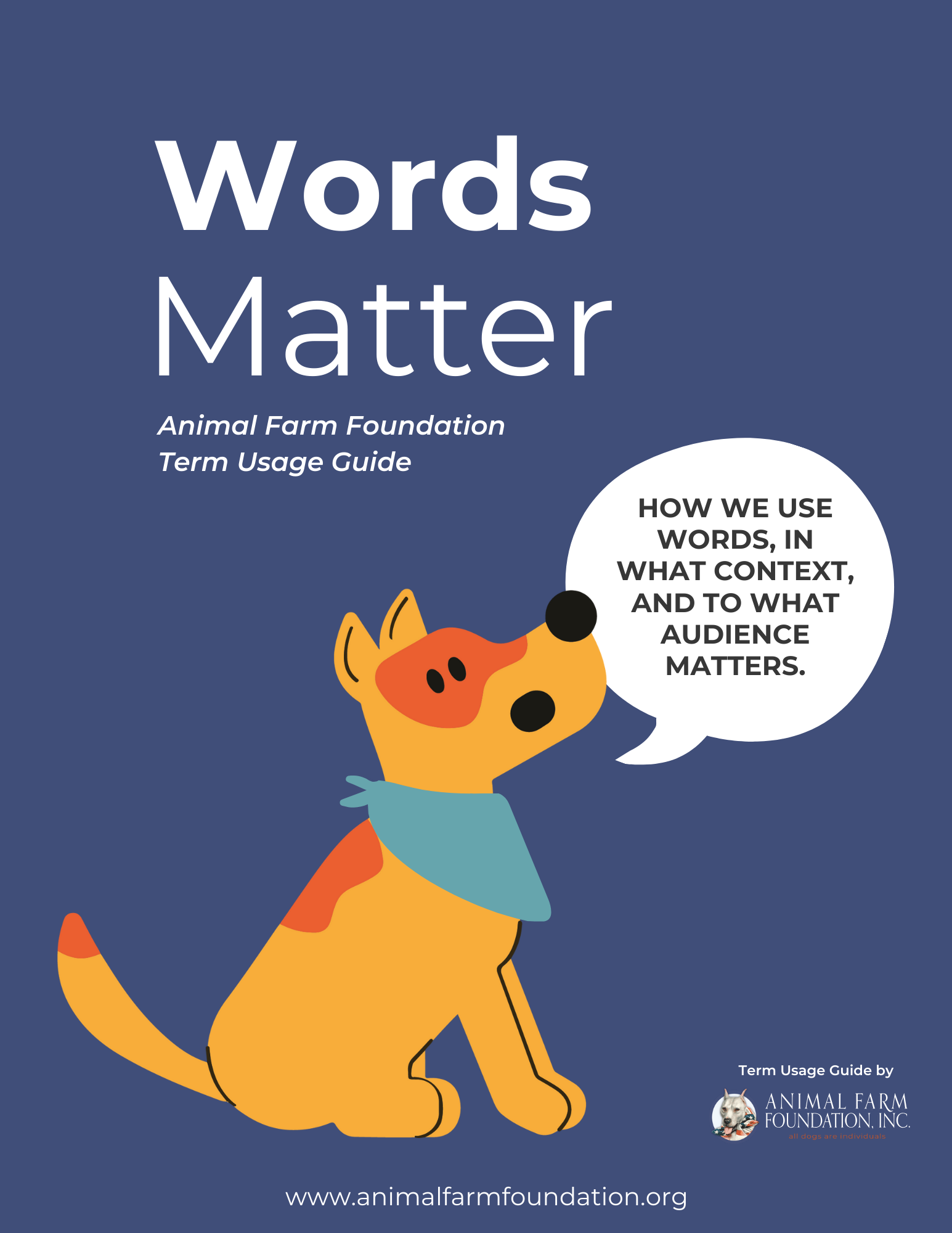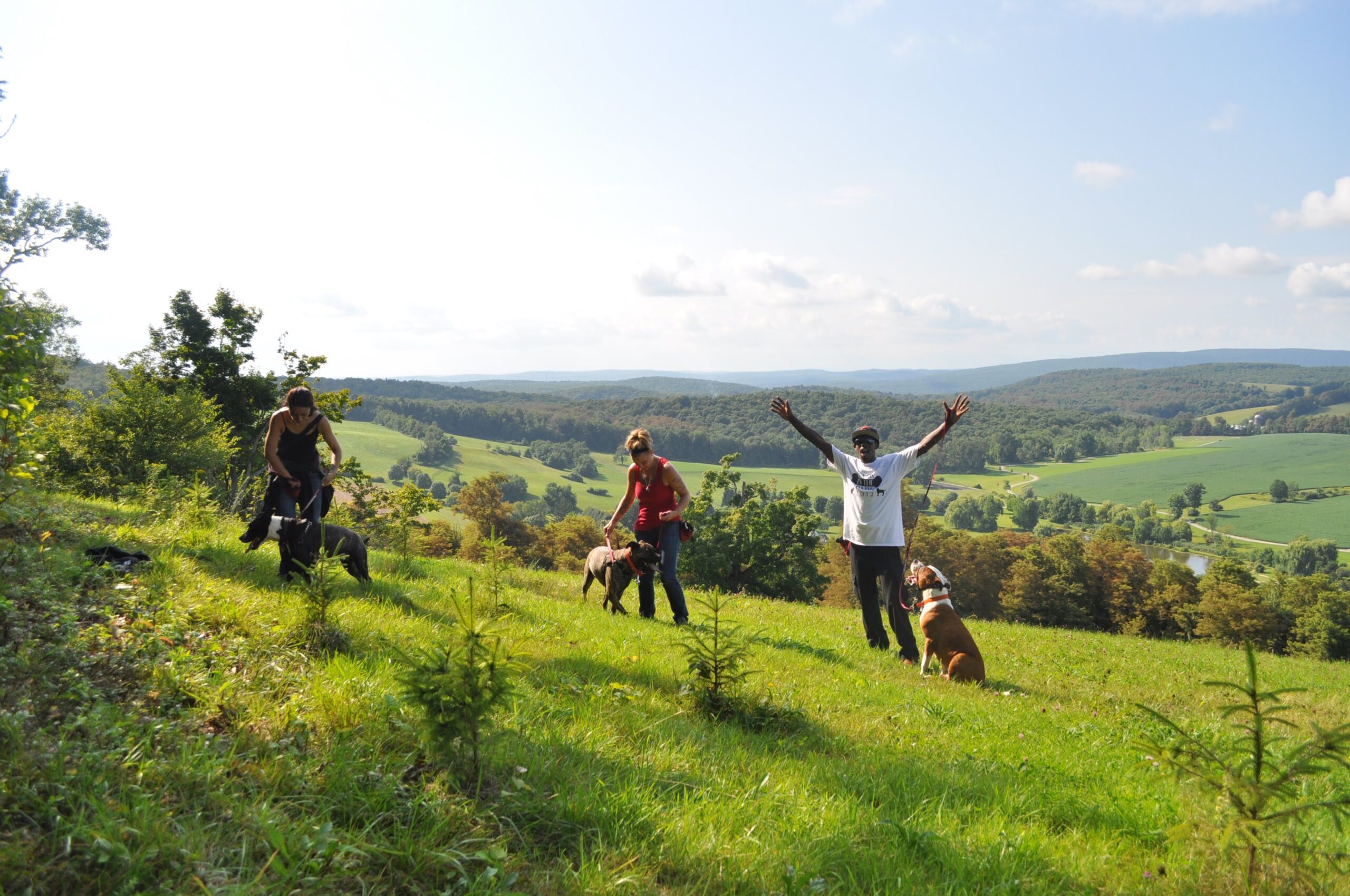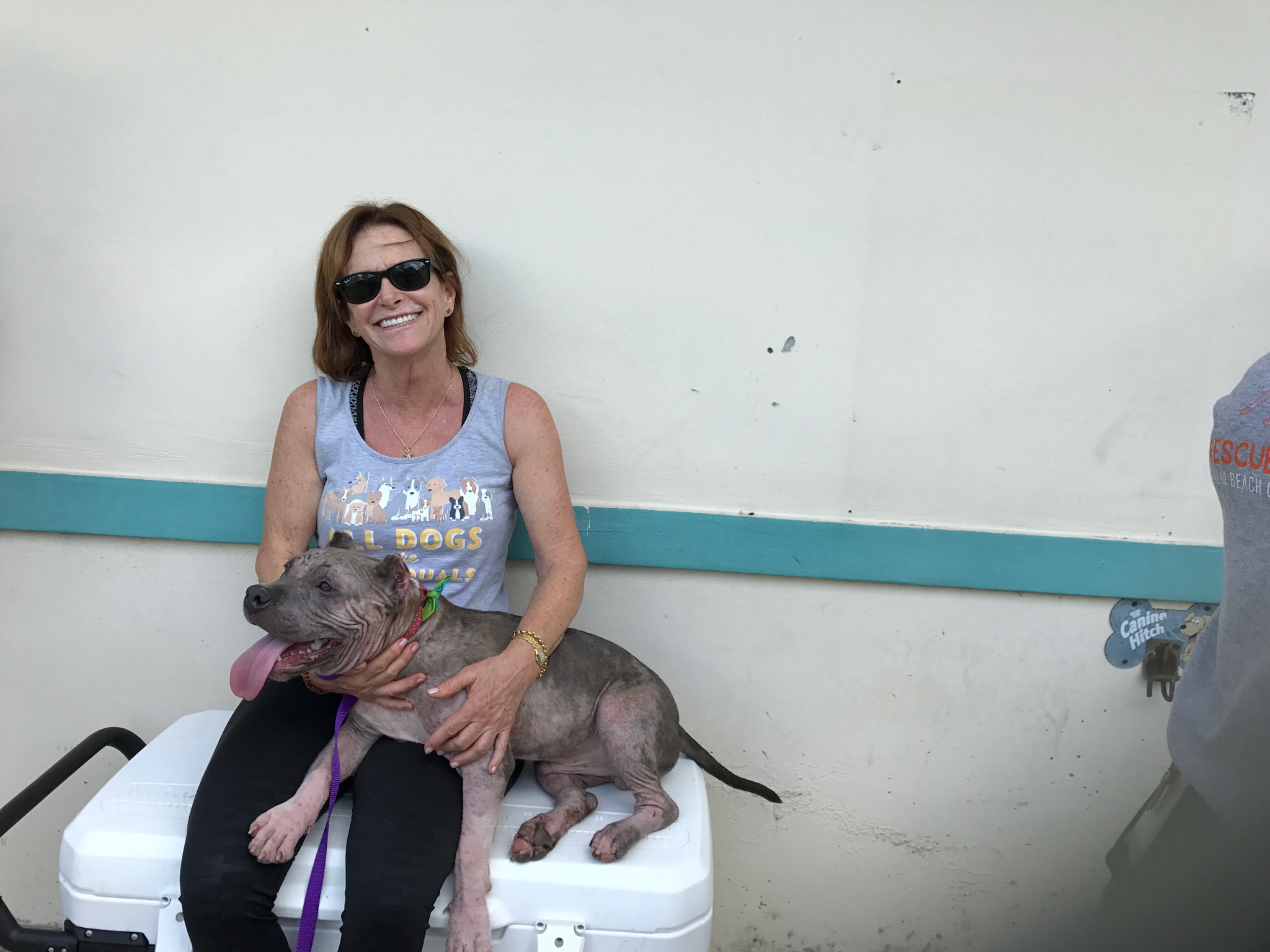Xena, Brutus, Trigger, Monster, Ruger, Tank, Harley, Chopper, Flex, Maximus, Whiskey, Storm, Tyson, Gunner, Bullet, Boss…
Before you name your shelter dogs*, consider this: You can influence your adopters perceptions of “pit bull” dogs, starting with the names that you give them. That’s because their names frame them. It’s the context for how adopters will interpret the dogs in front of them.
What’s the deal with framing? Framing is the way that information is presented and it can influence decision-making about that information.
In this case, the information we’re trying to frame is the “pit bull” dog in the shelter kennel. When we make deliberate choices about how a dog is presented, we can influence how adopters will think about that dog. This is framing and it creates a context in which the dog is first viewed. Those first impressions count!
When we create context around a dog – with kennel cards, photos, bios, the blankets in their run, or a sweater – it shapes and alters adopter’s assumptions and perceptions about that dog.
Take the dogs totally out of context and the adopter is left with their own assumptions. But in context, the adopters will view the dogs through the framework we’ve purposely created. We can help adopters to reach new conclusions and leave behind preconceived notions by framing the dogs in a positive light.
One dog, framed two different ways, can have two very different results. Negative frames tend to elicit negative feelings and result in aversion. Positive frames tend to elicit positive feelings and result in proactive choices. Really – it’s that simple!

Framing the dogs so that potential adopters think positively and feel good is crucial to the business of saving lives. We need to take the framing effect into account every time we write a bio, take a photo, or write content for our websites. But we can start with their names!
The next time you have the chance to name a “pit bull” dog, consider this: using tough sounding names or names related to weapons or violence reinforces negative perceptions of “pit bull” dogs. And using ironic names – such as “Tiny” for a large dog or “Teflon” for a dog that’s survived abuse or injury – might just backfire too. They can wind up emphasizing features about the dogs that adopters don’t find appealing or even unintentionally perpetuate misconceptions about “pit bull” dogs.
When potential adopters come across a name with a negative association, it may cause them to hesitate (perhaps subconsciousnessly) to meet the dog. Don’t add any roadblocks to a dog’s adoption. Frame them right, from the name up.
What names should you use? Stick with names that are popular and positive. What names make you smile? This article reports that old fashioned human names (like Clara and Alfie) are on the rise for dogs. Think of popular or legendary entertainers, authors, cartoon characters, sports stars, or historical figures. Get your inspirations from geography – think vacation spots, national parks, and beaches or popular local destinations. Brainstorm a list of these pre-approved names and keep them at the intake desk for quick and easy inspiration.

The goal is to choose a name that can’t be associated with something obviously aggressive, illegal, or reckless. There’s no one name that will elicit positive associations for everyone, but you can aim to create a positive experience for the majority of the folks who visit your shelter’s website or kennels.
And if a dog comes in with a name that elicits stereotypes or negative associations, change it!
Remember, the adopters can change the dog’s name to anything they choose once the dog is home. That’s when the best kind of framing happens: from shelter dog to family dog.
*Please note: this blog pertains to shelter dogs who do not have families. Marketing is an important aspect of increasing adoptions for shelter dogs. If your family dog has one of these names, that’s perfectly ok! Your dogs are already part of your family and don’t need to grab the attention of potential adopters.

